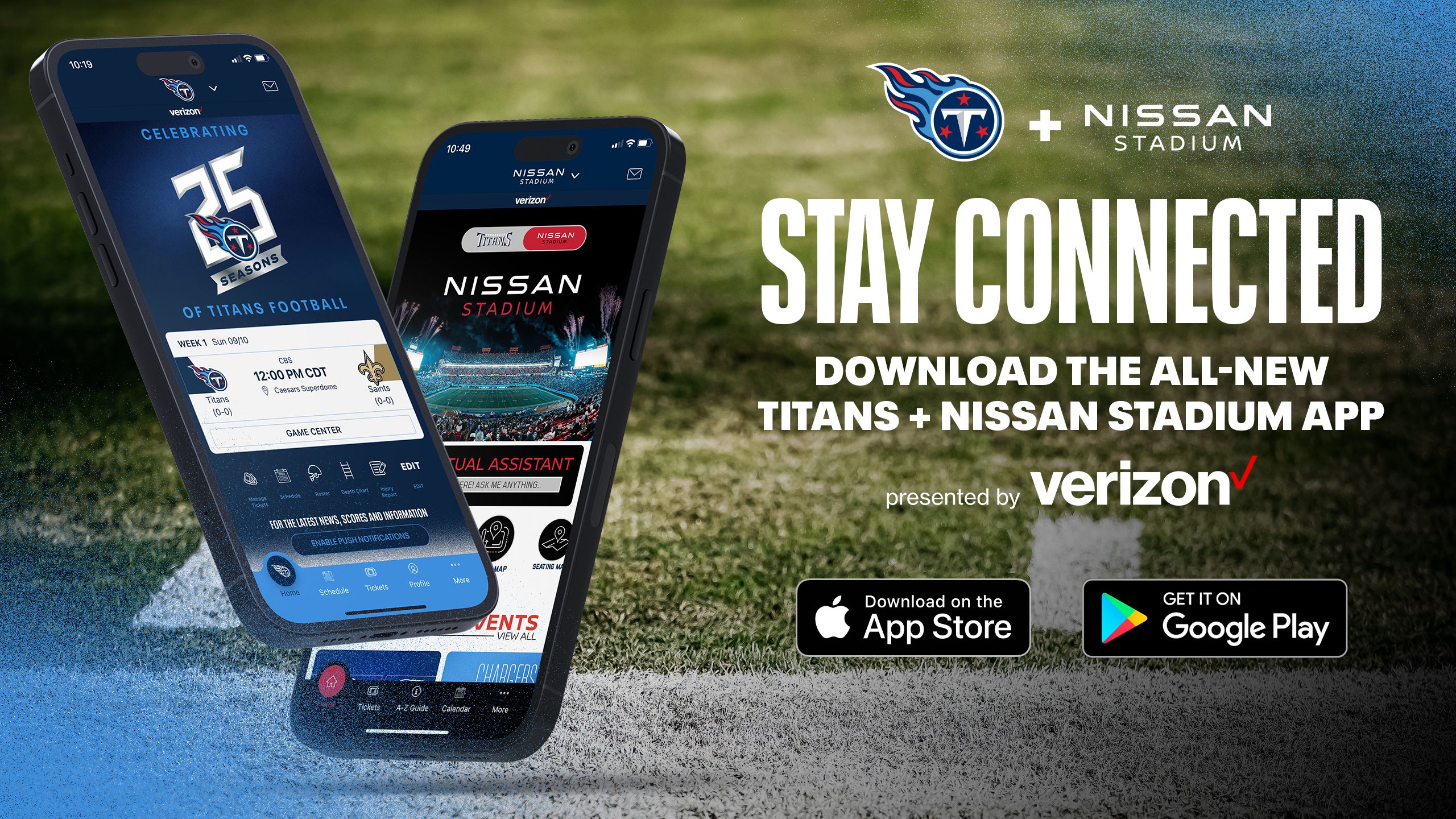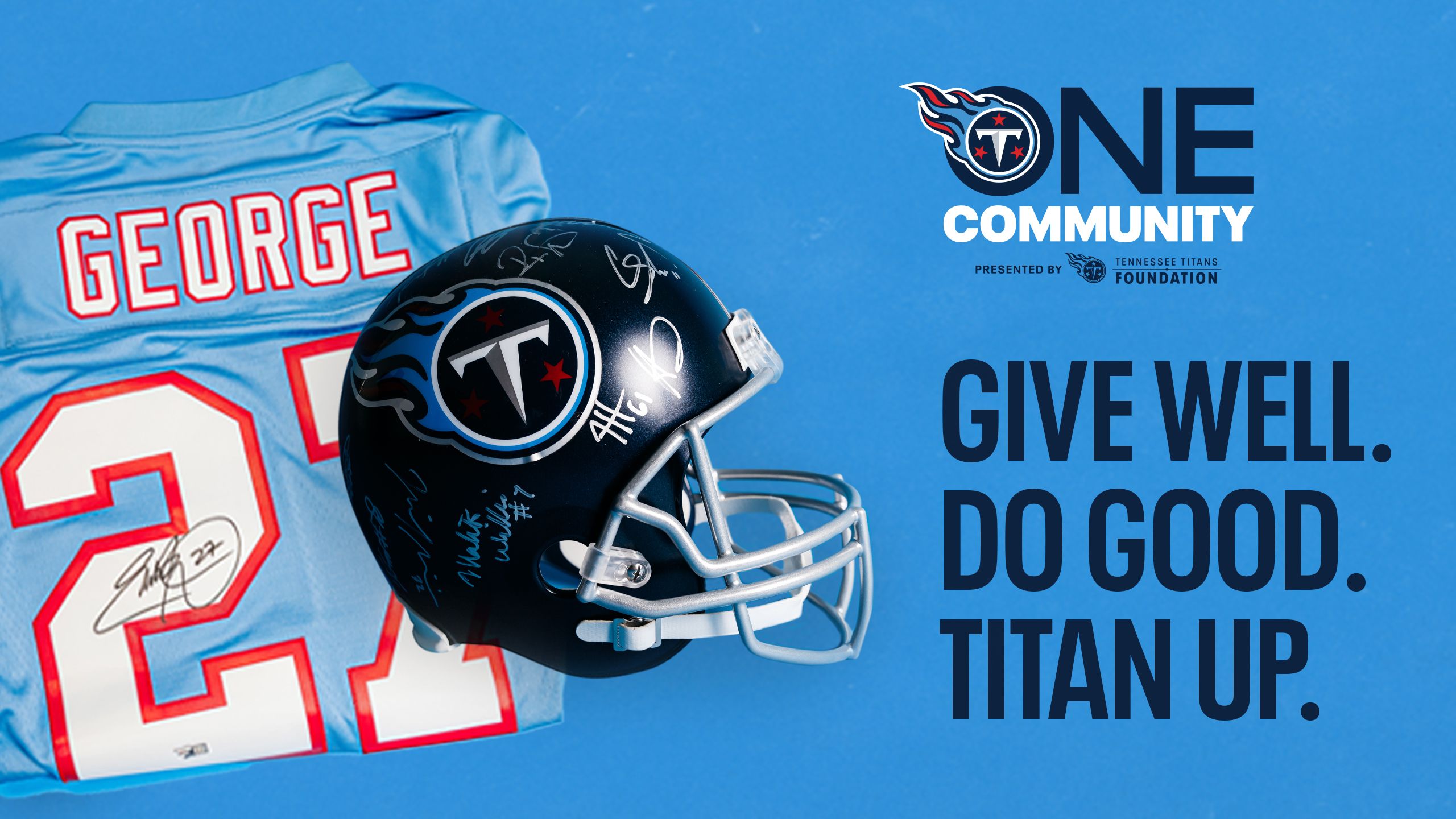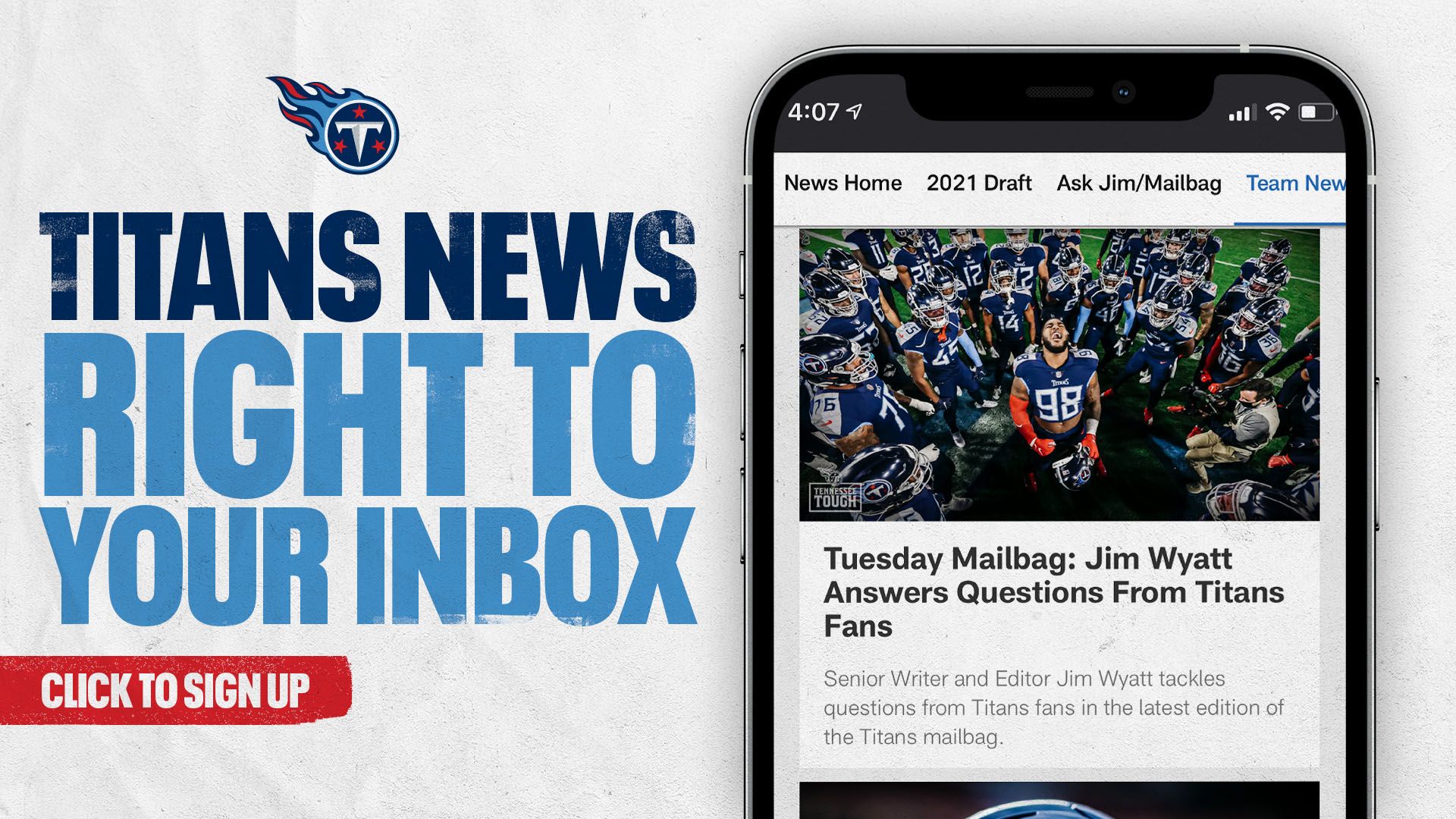NASHVILLE, Tenn. — George Henshaw believes there are four "critical areas" in football that differentiate great teams from good or bad teams.
Henshaw, whose coaching career is in its fifth decade, said what players and teams do on third down, in the red zone, in the fourth quarter and when momentum is going against them are defining moments.
There's a chance that all those scenarios can overlap, the way they did near the end of Super Bowl XLVII. San Francisco faced third-and-goal from the Baltimore five-yard line with 1:55 remaining and seemed to have momentum but not the lead. The Ravens, however, recovered by forcing two incompletions to seal their victory.
"You can find guys out there on the street that can play when things are going good," Henshaw said. "The question is when things are not going so good, and they're able to switch momentum back to your side to be able to play. … Who is going to make a play to switch the momentum?"
Henshaw is beginning his second term and 10th overall season with the Titans. He previously coached for the franchise from 1997-2005, a span in which Tennessee's tight ends led the NFL with 845 receptions.
Henshaw spent 2006-07 with New Orleans as a senior offensive assistant. After that, he worked as a scout, watching tape from his home and attending games, and worked for the National Collegiate Scouting Association where he talked to athletes and their parents about "the realities of the recruiting process." Henshaw was sick last fall, however, and Titans coach Mike Munchak began calling to check in on him.
Henshaw and Munchak stayed in touch, and Munchak said earlier this month that Henshaw stood out above other candidates for the tight ends position. Munchak recalled how he saw Henshaw work with former offensive coordinators Les Steckel and Mike Heimerdinger as a senior offensive assistant.
"He helped me in a big way," said Munchak, who became offensive line coach in 1997 after three seasons as an offensive assistant. "He was probably the biggest help to me in my career as a coach, having him on staff at the time. He was very knowledgeable. If you look at his resume, he's been everywhere, done everything. To me, it's like having another coordinator on your staff."
Henshaw said that is an "awesome compliment" and he wants to help Munchak again. He said the way to do that is to help Titans tight ends maximize their performance, which will create a ripple effect for quarterback Jake Locker and running back Chris Johnson.
"If you can't help the team win, there's no reason for you to be here," Henshaw said of his own role. "It's a production business when it all gets down to it, so how can you help the team win?"
Henshaw has studied human performance off and on the field for years.
"There's some real interesting things that experts have done over a period of time to do that," Henshaw said. "I'm not talking just about football, I'm talking about human performance, whether you're a banker, a teacher, whatever you might be, a plumber, how can you maximize yourself? That's been a really fun, neat study."
Henshaw's football career started on the defensive side of the ball, but he's coached offense since 1979. He played defensive tackle at West Virginia 1967-69 and was hired as an assistant coach for the Mountaineers when Bobby Bowden took over as head coach in 1970. Henshaw accompanied Bowden to Florida State as defensive line coach in 1976. The Seminoles had gone 4-29 in three previous seasons.
"A lot of people thought he was crazy to go to Florida State," Henshaw recalled. "He asked me to go with him, but he said, 'George, I can't make you a coordinator. You're not ready to be a coordinator yet.' "
Bowden, however, told Henshaw he'd be in line the next time a coordinator spot became available. After three seasons, offensive coordinator George Haffner left for Texas A&M, and Bowden called Henshaw into his office on the same day to see if Henshaw was ready to switch sides of the ball.
Henshaw said he was ready for the jump and didn't have any reservations because he had confidence in the offensive system that Bowden had installed. Henshaw said "people thought he was crazy to do that," but the Seminoles went 11-1 that first season, with the only loss coming against Oklahoma in the Orange Bowl.
"Coach Bowden was a guy, especially back then, he was ahead of the game from an offensive point of view," Henshaw said. "You're learning a lot as a person, but also from the offensive point of view because of the innovative stuff that he had back then."
|
[  ](http://www.titansonline.com/news/article-1/QA-Tight-Ends-Coach-George-Henshaw/b69e5b57-a543-43a8-91e6-a0aa79059569) |
| **Titans tight ends caught an NFL-best 845 passes during George Henshaw's first tenure with the team (1997-2005). Frank Wycheck, center, had 389 receptions (1997-2003), and Erron Kinney added 178 catches (2000-05) under Henshaw. Click here to read Henshaw's thoughts on his second term.** |
Henshaw was offensive coordinator at Alabama (1983-86) and head coach at Tulsa in 1987 before transitioning to professional football in multiple roles with the Denver Broncos (1988-92). He was offensive coordinator/quarterbacks coach of the New York Giants (1993-96) before joining the Tennessee Oilers in 1997 as tight ends coach. He began serving as an assistant head coach for the Titans in 1999.
Henshaw said he's enjoyed coming back to Baptist Sports Park, the building that opened that year. He has installed multiple motivational posters on his wall, including one of basketball legend Larry Bird that has special meaning.
One year, after wrapping up his work at the NFL Combine in Indianapolis, Henshaw decided on a whim to stop by the offices of the Indiana Pacers to see if Bird had a few moments of free time. Bird welcomed Henshaw into the building for what was initially going to be a quick talk that turned into an hour-long discussion.
"I ran back to the car and sat in my car for 15-20 minutes writing notes, trying to remember everything he said. It was interesting," Henshaw said. "When I unpacked my things and brought them into this office right here, I still had the notes from that conversation with Larry Bird."
Henshaw had the sign made with one of his favorite notes from that discussion. It says, "The player that makes the TEAM great is more valuable than a great player."
Henshaw said that's the approach that he and tight ends will take because he thinks it is the best way to help Munchak, Titans general manager Ruston Webster and offensive coordinator Dowell Loggains.
"The best thing you can do to help those guys is to help the quarterback," Henshaw said. "When you help the quarterback, you help everybody. If you can help the quarterback and you can help the running back, then your team is going to be better."


















